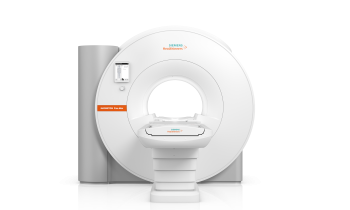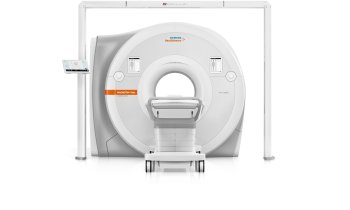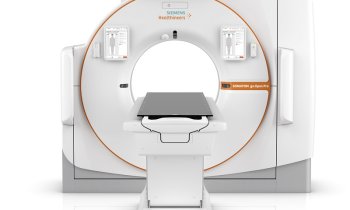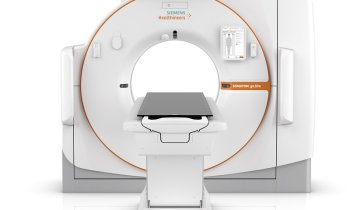Personalised medicine
Individually customised drug therapies have been used for the last two years, particularly for cancer patients
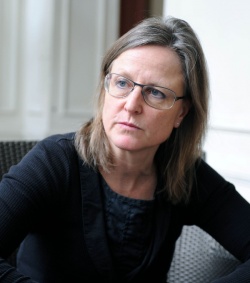
‘A quarter of all medicines licensed by the European Medicines Agency EMA already contain certain genomic information to personalise their use,’ according to Professor Andrea Laslop, Head of the Institute of Science and Information at the Austrian Federal Office for Safety in Healthcare (Medicines and Medical Devices Agency).
Today, personalised medicine is a central topic during large scientific congresses and conventions that focus on future healthcare, as well as in the world of politics and among medical insurers.
In November a symposium held in Vienna by the umbrella organisation of the statutory medical insurers – the Main Association of Austrian Social Security Institutions– explored the Potential and Limitations of personalised medicine. One might suspect, due to the high costs involved and bearing in mind that unlike other countries Austria has no upper limits for the costs of medical treatment, that the organiser was mainly interested in highlighting the limitations of personalised medicine
Currently, treatments classed under the heading ‘personalised medicine’ are still extremely expensive. Example: the substance Crizotinib, not yet licensed in the EU but already used in the USA to treat non-small-cell lung cancer. The treatment has a positive effect in 3–7% of patients and costs US$116,000 per patient per year. The test to ascertain whether it makes sense to carry out the treatment for an individual patient costs between US$250 and $1,500. ‘These sums cause those responsible for funding treatment a lot of worries,’ Dr Anna Bucsics, Head of Department at the Main Association, acknowledged. Following reports by several Austrian and international experts about the huge potential of personalised medicine the hour of the critics struck.
Dr Bucsics criticised what she believes to be a lack of scientific evidence for personalised medicine. The principle behind it allegedly leads to an ‘orphanisation’ of diseases, for example meaning that a widespread disease such as cancer is being split into a vast number of rare diseases. ‘Studies can then only be carried out with small patient collectives, leading to deterioration in the quality of evidence,’ explains the medical insurers’ representative. Orphanisation would also cause high costs because only a comparatively small number of patients could be treated with one drug the pharmaceutical industry would be likely to raise their prices considerably.
‘Biomarker-based new drugs are not necessarily a guarantor of clinical effectiveness,’ said Dr Claudia Wild, head of the Ludwig Boltzmann Institute for Health Technology Assessment. Some medicines don’t actually have the promised higher effectiveness and lower toxicity. For this reason, the researcher even accuses the EMA of ‘no longer being trustworthy’. For instance, the patient groups used for drug trials have nothing in common with real patients, she points out. The term personalised medicine – along with the often synonymously used terms precision medicine and individualised medicine – are ‘highly suggestive’ terms thought up by marketing experts. ‘You will be measured by your words,’ warns Dr Wild. Health Technology Assessment is one instrument used worldwide for the systematic assessment of medical services from a patient benefit perspective.
Profile
Dr Claudia Wild, head the Ludwig Boltzmann Institute for Health Technology Assessment in Vienna since 2006, studied Communication Sciences and Psychology at the University of Vienna and Political Science at Ohio University (USA). Following her doctorate in 1985 she became a scientist in the Department of Communication and Political Sciences, at Erlangen-Nuremberg University and freelancer on media-effective and media-political topics. From 1986 to 2006 she was a researcher at the Institute of Technology Assessment at the Austrian Academy of Sciences, where she built up and managed the Division of Health Technology Assessment. In 2009 she wrote her habilitation at the Graz Medical University, focusing on social medicine (subject: ‘Resource allocation in healthcare’).
10.01.2013







